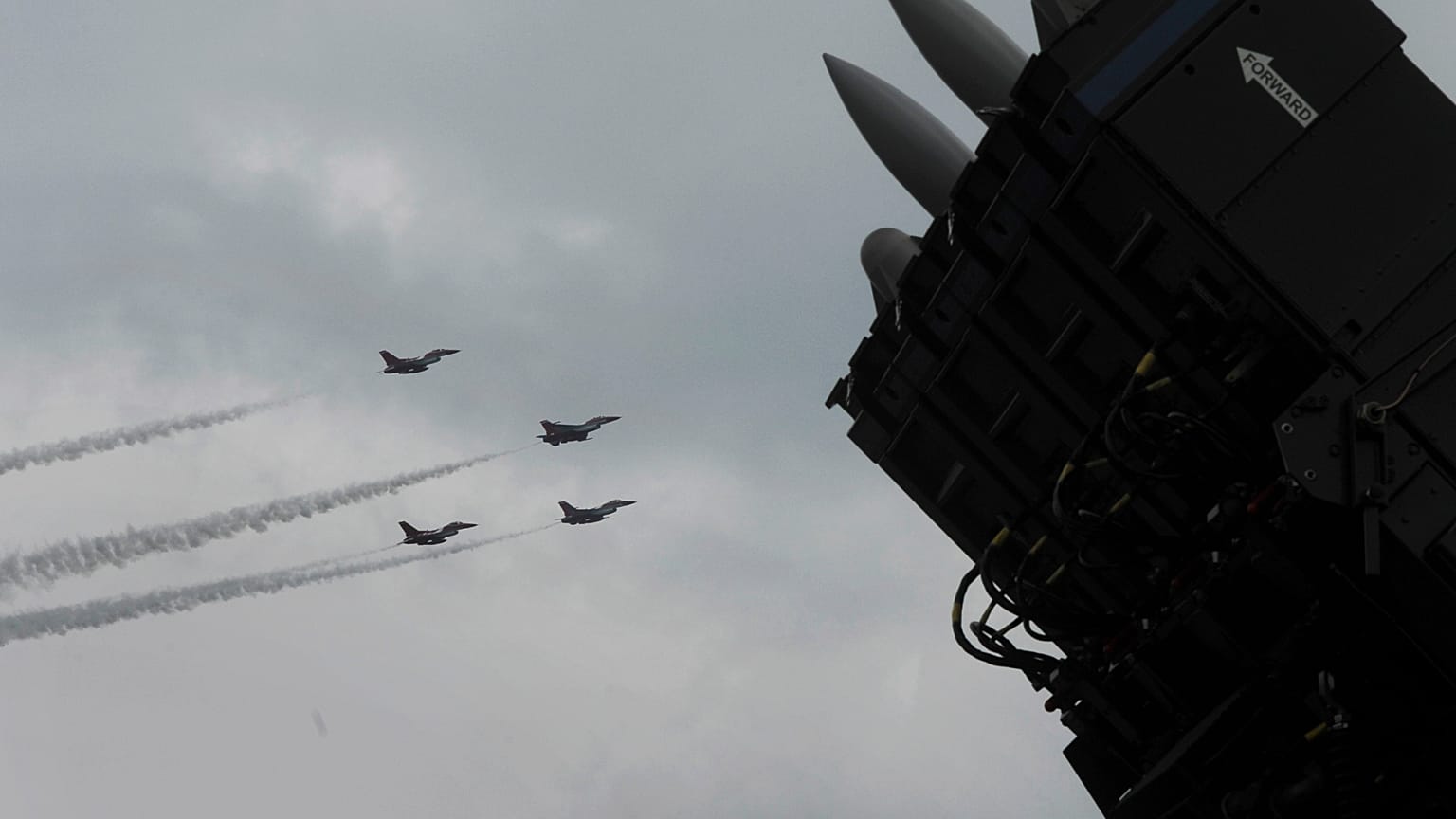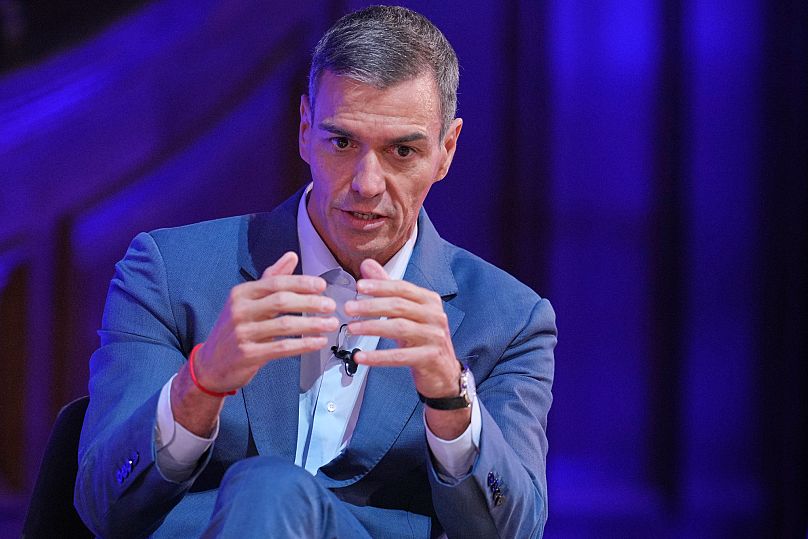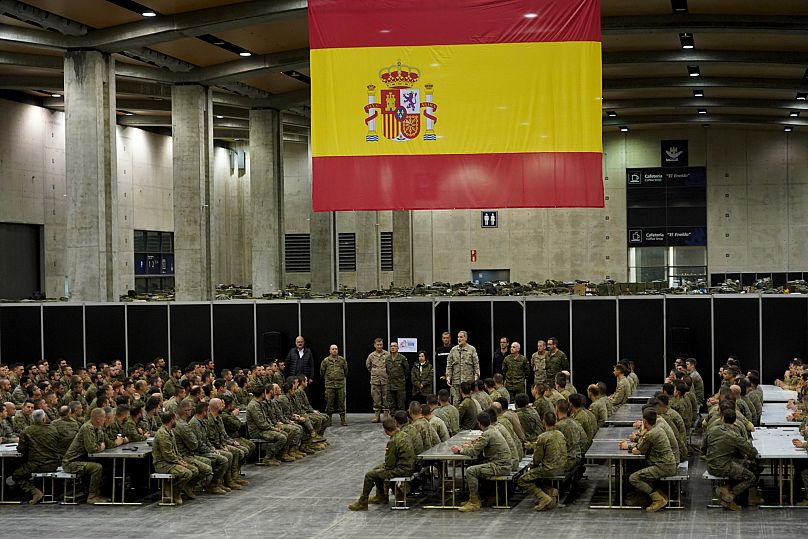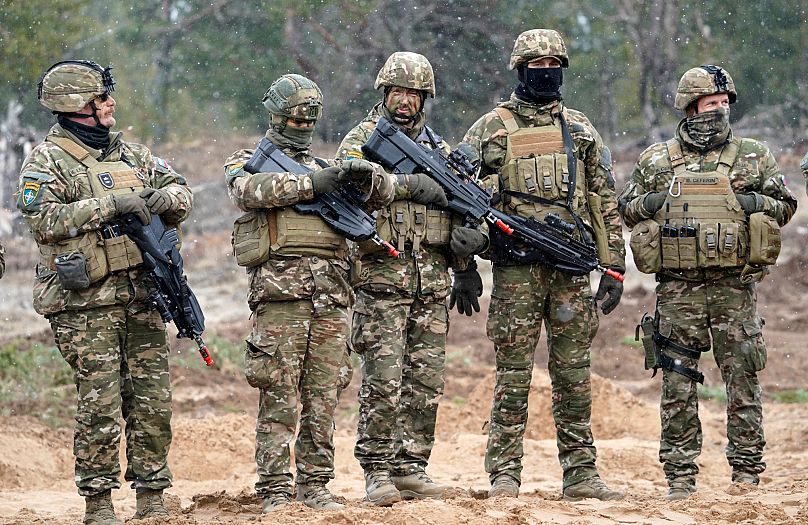Spain has decided to follow Slovenia's lead and ban all arms trading with Israel. But the decision is not without its consequences for the Spanish armed forces.
 ADVERTISEMENT
ADVERTISEMENT
Spain declared a long-pledged total arms embargo with Israel towards the end of September, but the suspension of these imports is presenting difficulties.
Madrid mainly bought ammunition, rocket launchers, anti-tank missiles, tank radios and transmission systems from Israel but cancelling these deals comes with a hefty price tag.
The cost of cancelling the various contracts is estimated at €1.2 billion. The Silam rocket launcher contract was worth €700 million and the Spike anti-tank missile contract was worth €287 million.
The termination of these contracts with Israel poses problems for the armed forces that use this equipment.
"The main damage is not to exports to Israel, but to the contracts that Spanish industry has signed with Israel," warns Félix Arteaga, a defence and security researcher at the Royal Elcano Institute in Madrid.
Such cancellations are expected to deprive the Spanish army and security forces of expected equipment.
And the country's police force will probably not receive the type of ammunition they were "expecting", "and our pilots will delay their training," Arteaga adds.
What's more, replacing Israeli suppliers so quickly could prove difficult, warns Arteaga, as the defence industry is facing serious constraints.
"The market is currently saturated with contracts. And each new contract means a delay in delivery, additional costs, and not all technologies are equivalent. They are not of the same quality as Israeli technology."
But this commercial difficulty is not shared by all analysts.
"There are a huge number of producers around the world, so I think there are ways of finding equipment in other countries," says Christophe Wasinski, a lecturer and researcher at the Université Libre de Bruxelles (ULB).
Rare decision in Europe
Following the example of Slovenia, Spain decided to suspend arms trade with Israel in an expression of condemnation for the war in Gaza and put an end to the "genocide," Prime Minister Pedro Sánchez said.
The two countries are the only EU members to have made moves towards a total ban. Other capitals such as Rome, Brussels and Amsterdam have only limited exports to Israel.
Nevertheless, these decisions should be followed closely, as Europe is the main market for Israel's military industry.
"It is estimated that in 2024, Israel exported a total of approximately $14 billion (€11.9 billion) and around half of this sum was due to exports to European countries," explains Christophe Wasinski.
He cites Romania, Germany, Denmark and Estonia as importers.
"European states buy from Israeli arms manufacturers anti-aircraft missiles, anti-tank missiles, drones, ammunition for small arms and light weapons, electronic systems, so quite a wide range of things," he continues.
For analysts, it is difficult to predict whether other member countries might decide to suspend imports.
Israel has branches and subsidiaries in Europe. What's more, the country does not always sell its weapons directly.
Sometimes, as in the case of Spain, it may be a case of companies joining forces to develop these technologies themselves.

















